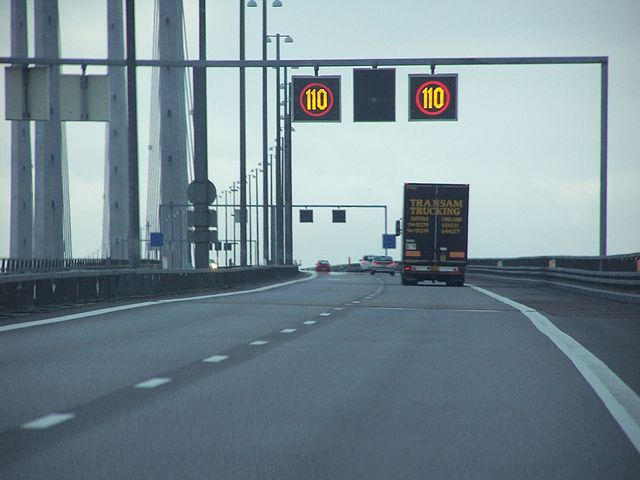Danish rail operator DSB spent 69.8 million kroner last year on carrying out ID and border checks on passengers headed to Sweden, according to a report by Ole Birk Olesen, the Danish transport minister.
DSB is required to perform ID checks at the Danish-Swedish border. Sweden’s Skånetrafikken covers the other half of the direct costs.
READ MORE: Danish transport companies to get compensated for Swedish border control
In addition to the cost of performing the controls, DSB reported that the checks decreased the number of passengers, resulting in an additional loss of revenue of 56 million kroner compared to 2015.
Might be covered
Part of the bill may be covered by a fund that Sweden has set up to cover losses incurred by operators due to the border controls.
“DSB is currently in the process of preparing a request for compensation,” said Olesen in a response to Parliament.
“It is still unknown whether DSB can get compensation for the full amount.”
Sweden introduced ID checks for passengers from Denmark in January 2016. They are currently scheduled to continue until 4 May 2017.
Passengers demand payment
The checks are conducted by companies that transport passengers from Denmark to Sweden. It can cost a company a fine of up to 50,000 kroner if it allows a person without a valid ID to travel into Sweden.
Commuters have criticised the checks as time-consuming and a nuisance. A large group of commuters have banded together to demand 25 million kroner in compensation from Sweden.















